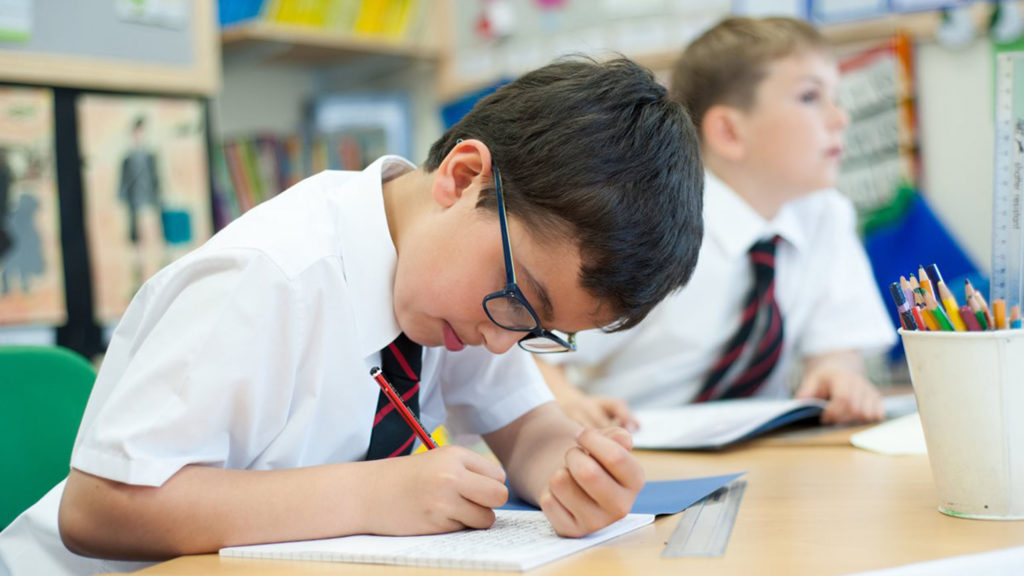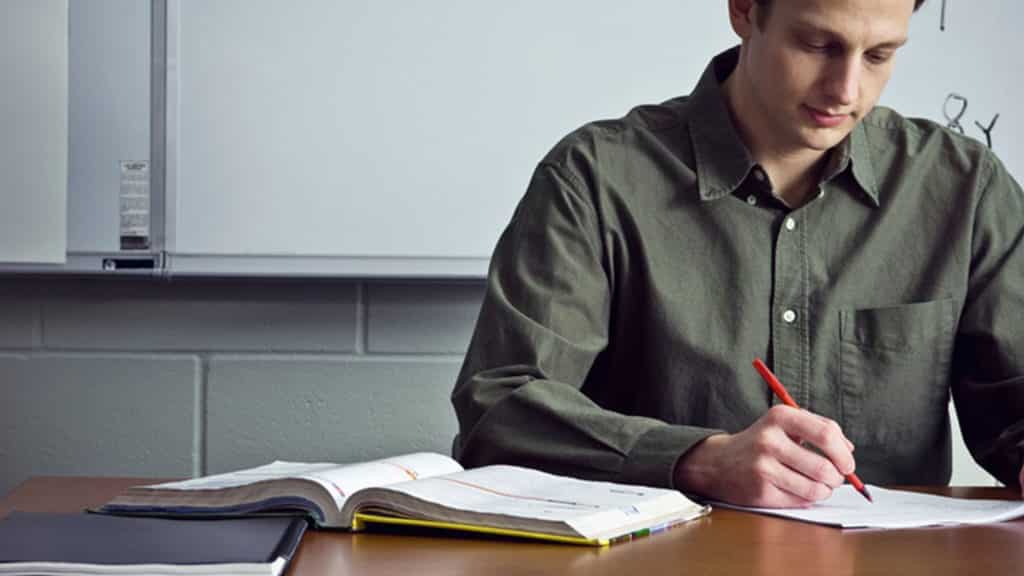How you can be an educator and a role model!

The month of November brings a whole host of events that should make us think deeply on how we can influence new generations of children, no matter what key stage we teach.
In news of the past, people were divided as to whether or not William Sitwell should have continued as editor of the Waitrose magazine after having made “inappropriate” comments about vegan diets and those who follow them.
Mr Sitwell’s initial defence was that it was an “ill-judged joke” and said in a private email – yet he was writing in a professional capacity as editor of a well- respected food magazine of a high street supermarket.
Whether or not you agree with Mr Sitwell’s departure, as some have said it was just “banter”, what he failed to understand is that there are vegans out there and for some people it is part of their value system or lifestyle.
For some people such as Hindus, Jains and Buddhists, veganism is a way of life and part of their faith and his comments could be regarded as offensive.
Moreover, he is representing Waitrose; a company who wants to show that it is diverse in its thinking and open to new trends and ideas which embrace all stakeholders.
As teachers, we cannot afford to make such comments. Had this been a suggestion made by a young person or a child, we would have had to listen to them and take them seriously and act upon it -if it was a feasible thing to do.
Teachers are duty-bound to being open, inclusive and diverse in their thinking and have to be “Class A” role models at all times.
Even on social media, teaching staff are warned about displaying their private lives and the need to be appropriate role models at all times. When teachers and teaching staff talk and discuss things, they hold an enormous amount of influence and there is no room for “banter” of any form as it can make an impact on our very impressionable audience.
2018 was an immensely important year in that it celebrates one hundred years since the end of World War 1 and mourns the many loss of lives caused by war.
Many families throughout the world lost loved ones and unfortunately for them, almost 20 years later, war happened again in the form of World War 2.
Remembrance Sunday in November is a way of reflecting about the people who sacrificed and lost their lives for us and the pain of their stories are still felt today by younger generations.
2018 was also the 80th anniversary of Kristallnacht, or the Night of Broken Glass where on the 9th and 10th November 1938, one of the most violent acts in history was instigated on Jewish people in Germany, led by the Nazi party and their followers. It sadly involved ordinary civilians also taking part in carrying out the atrocities.
It might seem unthinkable now, but we are living in worrying times where there are conflicts and acts of violence and aggression happening all over the world and many innocent victims are being caught up in these events.
“Knife and hate crime rates are up and the video footage of a group of people happily burning a model of the Grenfell Tower as “a laugh” is concerning; particularly as it was carried out by grown adults.”
Another saddening event was the desecration of the World War 1 “Lions of the Great War” memorial in Birmingham designed to commemorate the contribution of soldiers from the Subcontinent in World War 1 and 2.
2018 was also the 70th anniversary of the assassination of Mahatma Gandhi and the 50th anniversary of the assassination of Martin Luther King Jnr.
Both men fought tirelessly for peace and tried to encourage people to protest peacefully. In the end, they lost their lives but their influence continues today.
So as a teacher, you may need to teach your Maths and English or other subjects you may be teaching.
However, also set time aside to teach your pupils these key events and others throughout the year so that they understand the importance of compassion, humility, sacrifice and the need to strive for peace at all times.
November isn’t all doom and gloom! Celebrations such as Diwali and Thanksgiving and the coming of Christmas, Hanukkah and Hogmanay are great discussion points.
They are exciting ways to celebrate diversity and build on and appreciate differences and share the similarities of all communities.
In the long run these are the lessons in life that are essential and will hopefully stay with young people. They may, in turn, help them challenge others when they are behaving in an inappropriate and intolerant way.
We, perhaps, carry the greatest influence, as children are taught, moulded and guided by us. In the haunting words of John McCrae, who begs us in the poem “In Flanders Fields”, to:
“Take up our quarrel with our foe,
To you from failing hands we throw,
The torch; be yours to hold it high,
If ye break faith with us who die,
We shall not sleep, though poppies grow
In Flanders Fields.”
We have to be the most excellent of role models and are in the best position to respond to his plea and create grounded, reasonable, compassionate human beings who should try and create a better world.
The students we teach will be “movers and shakers’ in their own right and hopefully make integrity led choices that are of benefit to themselves and their fellow people.







Responses